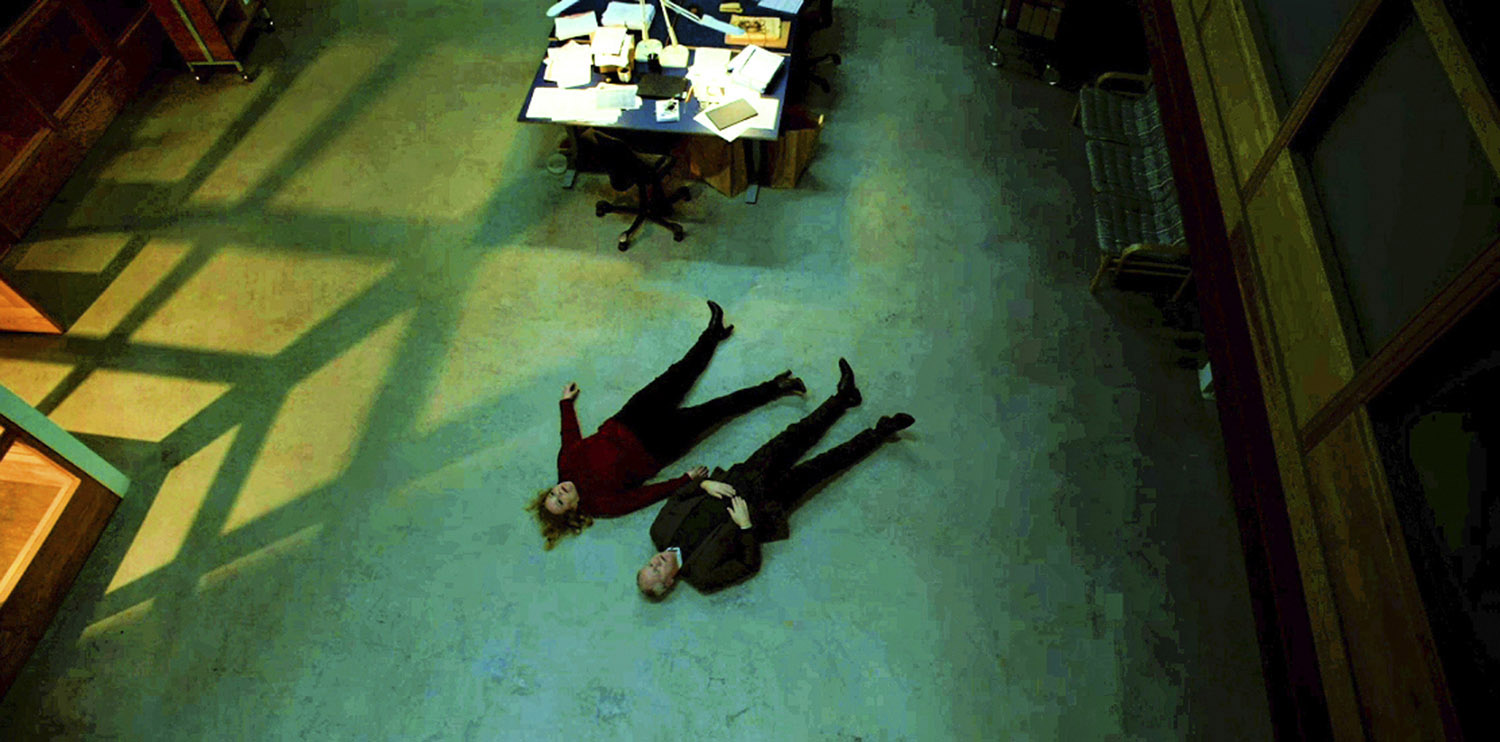
Marcel Hernandez, N.D.
Unmanaged, unremitting stress is dangerous to our health. In extreme cases, it can contribute to life-threatening health conditions.

It’s why stress has been portrayed by the media as a “bad guy” that needs to be squashed by lying on a beach with a book in one hand and a Mai Tai cocktail in the other.
But the unavoidable fact is that challenge and adaptation is happening every day. Good luck getting rid of all the stressors in your life! Stress is a very normal part of the processes of living and growing.
How stress will affect us depends on how we navigate the unavoidable stressors in our lives.
Stress happens when there’s an imbalance between a challenge and the resources we can muster to meet it. Stress can be as simple as the tension of waiting impatiently for our computer to complete a task when we’re facing a deadline.
Stress management is big business. Millions of pages online are devoted to stress-reduction products, services, and techniques.
Yet decades of research tell us that, in well-managed doses, stress can have positive effects.
“Good” stress – which the pioneering stress researcher Hans Selye called “eustress” – serves to motivate us and enhance our creativity.
A little bit of stress can stimulate us to get up off the couch and do some creative work. The stress of a deadline can help us get focused and forget about ourselves in getting the work done – so that we end up smiling with warm feelings of accomplishment.
Stress encourages resilience and growth. It forces us to problem-solve and develop the skills and the confidence to overcome similar stressors in future. With increased resilience and confidence, we feel less threatened and more in control of our lives.

Stress can promote better mental functioning. Hormones released by the body in response to stress improve memory and boost performance on cognitive tasks – although these effects only occur in the face of moderate and short-lived stressors – like facing an upcoming exam, or preparing to deliver a speech.
Stress can also improve memory by encouraging the growth of stem cells that will become active brain cells.
Stress can facilitate healing. Reasonable amounts of stress can stimulate the biological processes involved in physical recovery and the development of immunity. For example, a fascinating study at Stanford University found that stressing a knee before surgery helped patients heal significantly faster.
Stress strengthens the immune system. The fight-or-flight response that we feel in response to a stressor is designed to protect us.
It’s known that low doses of the stress hormone cortisol help protect the body from infections, and that moderate stress stimulates the production of interleukin which gives the immune system a quick boost to protect us against illnesses.
But, unlike mild to moderate stress, chronic stress lowers immunity and increases inflammation.
How can we handle the stressors in our life? It’s all about being sensible. It would be fatuous to simply dismiss the negative impacts of stress. We each have limited time, energy, and mental and emotional resiliency, and burnout is a very real phenomenon.
But if we can learn to keep our stress at reasonable levels and tease out the positive effects of mild to moderate stress, our chances of becoming healthier, happier, and more effective will be greatly enhanced.
For information about the services we offer at Pacific Naturopathic, please give us a call at 650-961-1660, use the convenient Contact Form to get in touch, or follow the link to: Consultations – Pacific Naturopathic. Thank you!
